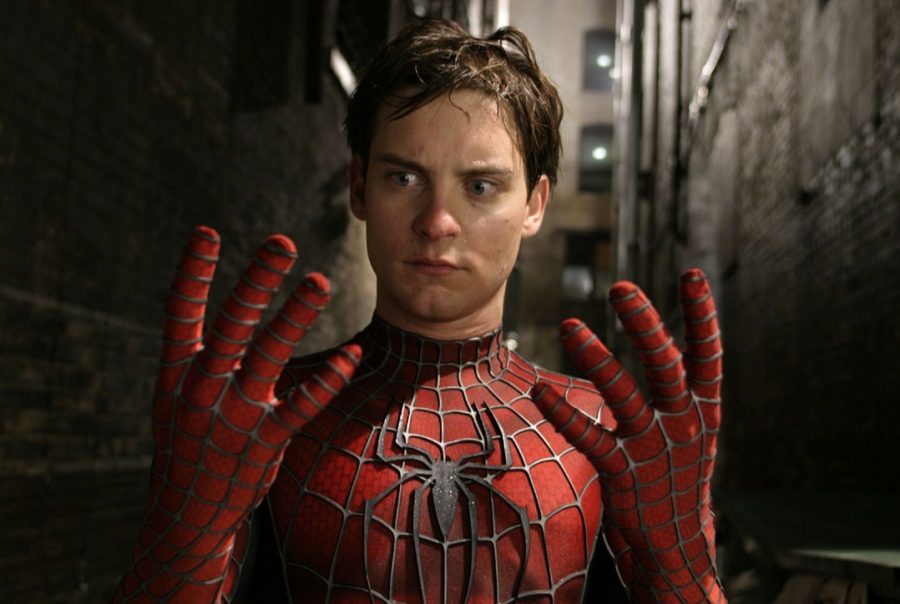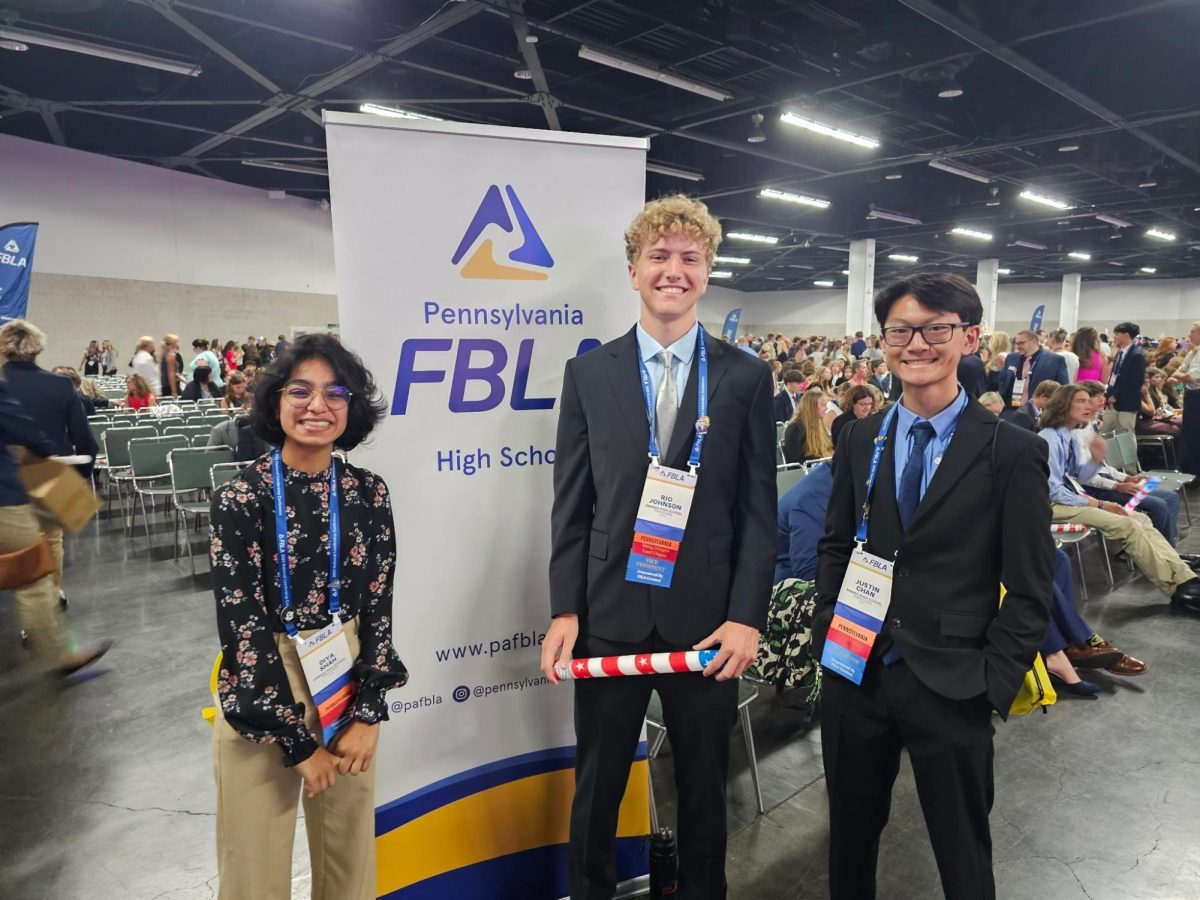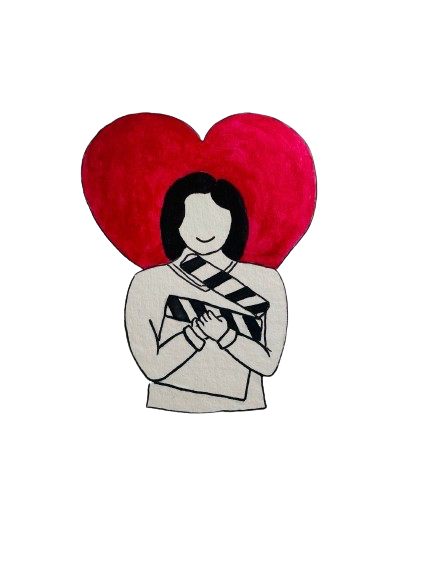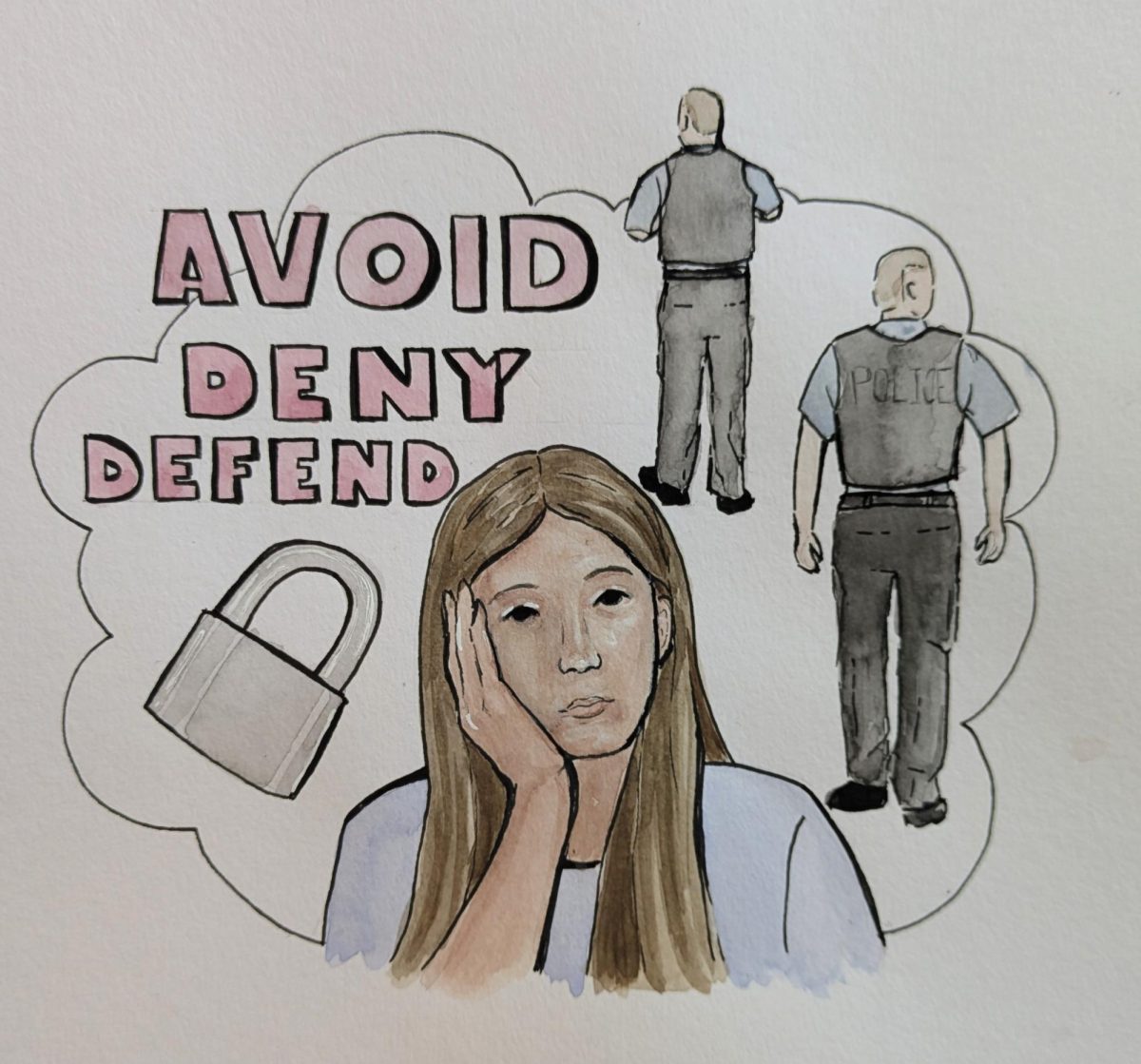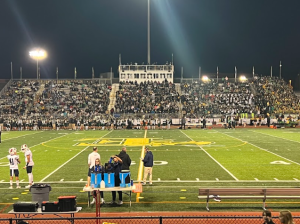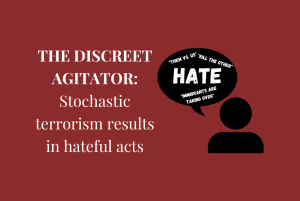Spider-Mania: a look back on Spider Saga
December 26, 2021
This previously ran in our December 2021 print issue.
For the last decade, superhero films have utterly dominated the box office and taken a major position in modern pop culture.
These stories show the best of humanity; they give hope. Perhaps the most famous example of this is Spider-Man, arguably the most popular superhero of all time. With eight films centered around the character since 2002 and over six billion dollars in box office collectively, it’s plain to see that audiences love the web-slinging hero. Thus, with the release of his newest film, Spider-Man: No Way Home, it makes sense to look back on the history of Spider-Man films to see what worked and what didn’t.
At the start of this century, superhero films didn’t yet have their reputation as box office juggernauts. Sure, Warner Brothers managed to release a few successful films, like Superman, Batman, and their respective sequels, but nothing similar to what happens in Hollywood today. Yet, in 2002, something changed. That something was Spider-Man swinging onto the scene.
Starring Tobey Maguire, Kirsten Dunst, and Willem Dafoe and directed by Sam Raimi, Spider-Man took audiences by storm. Grossing over $800 million worldwide, the film captured the imaginations of moviegoers everywhere. With a distinct campy style and a fantastic performance from Dafoe as Norman Osborn, Spider-Man is easily among the best the superhero genre has to offer.
Just two years later, Sam Raimi returned to direct a sequel to his first Spider-Man. With this film, Raimi topped his original in nearly every way. While it made slightly less at the global box office, Spider-Man 2 was leagues ahead of its predecessor in terms of quality. With a thematic core centered around what it means to be a hero and why humanity needs heroes, the film essentially acts as a mission statement for the very genre it’s a part of.
And how could anyone forget the magnificent performance from Alfred Molina as Doc Ock (who seemingly and thankfully will be a main focus of the newest Spider-Man film). Any great film is only as good as its antagonist, and Spider-Man 2 is no exception.
Spider-Man 3 is a film that demonstrates one can definitely have too much of a good thing. The movie has not one, not two, but three new villains, and, combined with Peter’s inner battle after donning the symbiote suit, it’s way too much. Sam Raimi throws screen time at the antagonists in a frantic attempt to make viewers care about them, but it really distracts from (what is presumably supposed to be) the central conflict of Peter and Harry. Combine this with cringe-worthy dialogue, unfunny jokes, and the infamous scene of evil Peter Parker dancing down the street, and it’s a recipe for disaster.
It’s not all bad, though. Peter’s conflict with Harry is especially engaging, as it’s been built up over the course of the trilogy, the fight scenes are generally pretty good, and the film does a good job weaving in themes of redemption and forgiveness. For series fans, it’s definitely worth a watch, but it’s undoubtedly the worst of the trilogy. The Amazing Spider-Man begins a new Spider-Man story completely separate from the original trilogy. Andrew Garfield is spectacular as Spider-Man AND (despite what some say) Peter Parker, but his apparent lack of friends leaves the movie feeling a little hollow, like someone is missing. The film is also held back by its subpar villain, who, inadvertently corrupting his mind through science experiments, winds up too similar to villains in the prior trilogy. Despite these flaws, TASM is somewhat redeemed by its superior performances and phenomenal action, and best-in-class web-slinging.
No one wants to admit it, but The Amazing Spider-Man 2 is a really good movie. Director Marc Webb tells a heart-wrenching tragedy, a bold and refreshing choice for a mainstream superhero blockbuster. Even more so than in its predecessor, Andrew Garfield and Emma Stone deliver fantastic performances–they are Peter Parker and Gwen Stacy. Also, Peter finally gets a friend in the form of Harry Osborn, which allows his character to shine in a way not seen in the first movie. The score is incredible, and composer Hans Zimmer makes sure the right instruments always come in at the right times. Seriously, the music in this film brings the energy in a way unlike any other in the series. While the choice to include both Electro and New Goblin as villains actually does have real benefits, the movie admittedly (and predictably) fails to fully flesh out either of them.
At the end of the original Spider-Man, Tobey Maguire’s Peter says his powers are a gift and a curse. The Amazing Spider-Man 2 is unabashedly about the curse side of things, and it’s the most unique and criminally underrated film in the franchise.
With Marvel and Sony reaching a deal to share Spider-Man’s character rights came swinging in the franchise’s second movie reboot. Directed by Jon Watts and starring Tom Holland, Homecoming is able to breathe (or bite!) a new life into Peter Parker’s tried and tried again story, grossing over $800 million in the box office worldwide.
With more of a focus on Parker’s youth and his everyday struggles as a high school sophomore, Homecoming masterfully toes the line between being an effervescent coming of age story and the typical virtuous superhero movies that Marvel’s known for. Alongside notable actors like Zendaya and Michael Keaton, Holland’s excitement for his character shines through his performance, signaling a bright start to his Spider-Man trilogy.
Facing the challenge of following Marvel’s adored Avengers: Endgame, Far From Home is just able to satisfy standards, but isn’t able to make that spider swing to surpass Homecoming. Following its predecessors’ theme of a teen-movie story crashed by otherworldly villains, Parker and his friends attempt to have a relaxing summer field trip, but are rudely interrupted by apocalyptic-themed creatures and an unfamiliar face placed by Jake Gyllenhaal.
Perhaps the best aspect of the film is Holland’s newfound confidence in his character, as well as his charming yet awkward chemistry with Zendaya’s MJ. Apart from that, the rest feels like Marvel is just going through the motions. The overabundance of special effects fails to conceal the contrived plot and tired dialogue.


